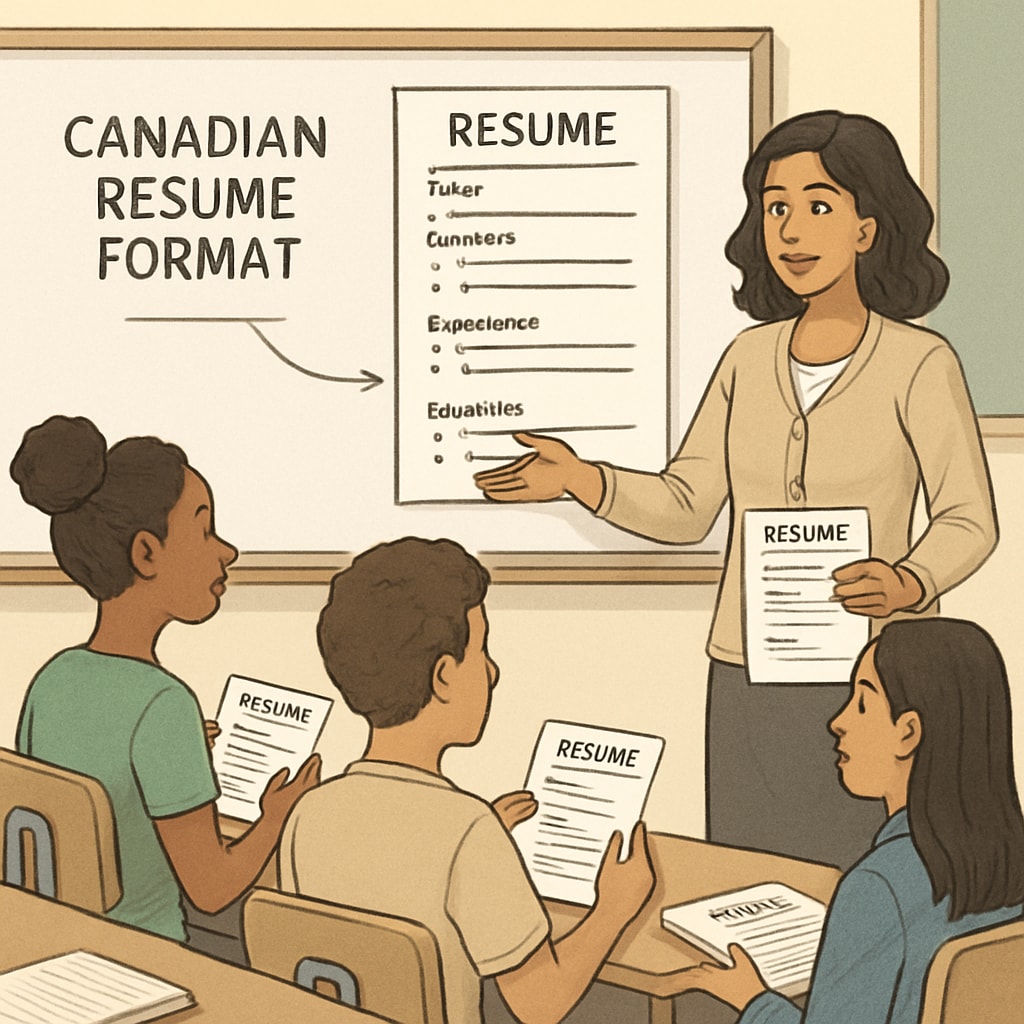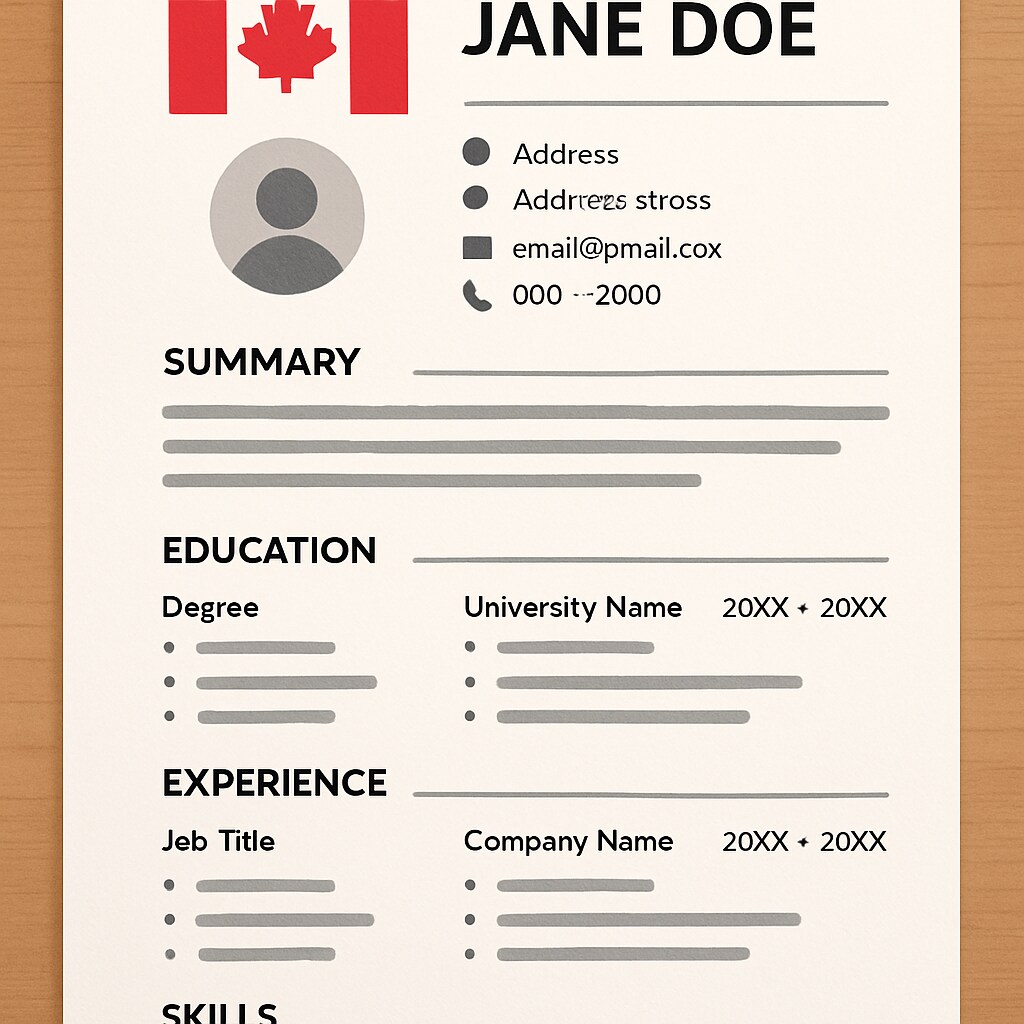In today’s interconnected world, preparing students for global career opportunities is an essential part of K12 education. One common area where students and parents often seek guidance is resume-building for international job markets. For example, crafting a professional resume that aligns with Canadian hiring standards is a critical step for students aiming to pursue careers abroad. By integrating career awareness and international perspectives into K12 education, schools can help students develop the skills they need to thrive in a globalized workforce.

Why Global Career Awareness Matters in K12 Education
Career readiness education is no longer confined to local job markets. With globalization reshaping industries, students need to be equipped with the knowledge and skills to navigate international opportunities. For example, understanding the unique requirements of resumes in different countries, such as Canada, can give students a competitive edge when applying for jobs or internships abroad.
K12 education can introduce career awareness through:
- Workshops on resume-writing tailored to international formats.
- Guest lectures from professionals working in global industries.
- Interactive activities that simulate job applications and interviews.
As a result, students cultivate both technical skills and cultural awareness, enabling them to adapt to varying professional environments.
Building a Canada-Specific Resume: Key Elements
When preparing for jobs in Canada, students should be aware of the country’s specific resume standards. Unlike some other regions, Canadian resumes typically prioritize clarity, brevity, and relevance. Here are some important tips:
- Contact Information: Include your name, phone number, email address, and LinkedIn profile. Avoid personal details like age or marital status.
- Professional Summary: A concise overview of your skills and achievements tailored to the job you’re applying for.
- Work Experience: Highlight relevant positions with clear descriptions of your responsibilities and achievements.
- Education: List your academic qualifications, including certifications and extracurricular activities that demonstrate leadership or teamwork.
- Technical Skills: Mention software or tools relevant to the role, such as proficiency in Excel or coding languages.
For a detailed guide, visit Canada.ca’s Resume Advice.

Integrating Career Planning into K12 Education
Schools play a pivotal role in preparing students for the workforce by offering career-oriented programs. Here are some effective strategies:
- Career Counseling: Provide students with access to career advisors who can guide them on resume-building, job applications, and interview techniques.
- Global Internships: Partner with international organizations to offer internship opportunities, allowing students to gain firsthand experience in global work environments.
- Skill Development Workshops: Focus on areas like communication, teamwork, and technological proficiency, which are highly valued across industries.
In addition, schools can introduce cultural studies programs to help students understand workplace norms in different countries. For instance, Canadian workplaces often emphasize collaboration and inclusivity, which are important values to highlight during job applications.
Conclusion: Preparing Students for Global Careers
As globalization continues to shape the future of work, K12 education must evolve to meet the demands of international job markets. By offering targeted career planning programs, including resume guidance for countries like Canada, schools can empower students with the skills needed to succeed in diverse professional landscapes. In doing so, educators pave the way for students to achieve their full potential on a global stage.
Readability guidance: This article uses short paragraphs, clear lists, and transitions to ensure accessibility. Key takeaways include actionable advice for Canadian resume-building and integrating global career awareness into K12 education programs.


